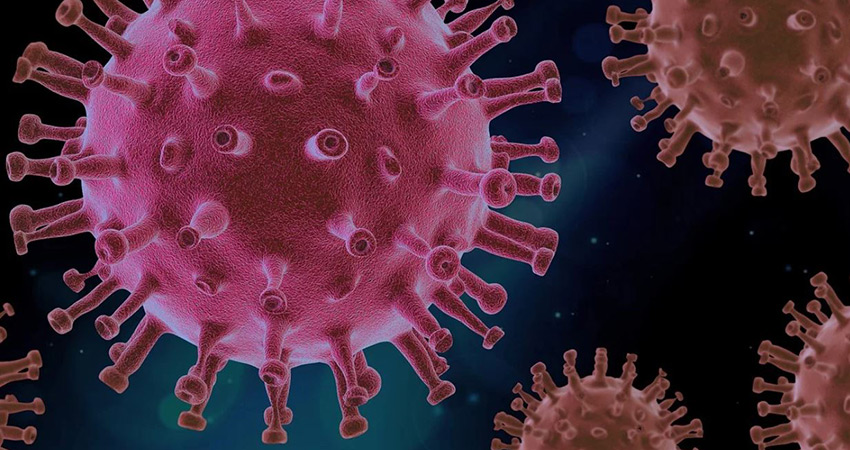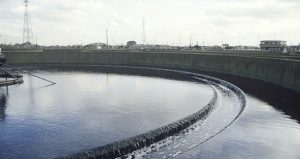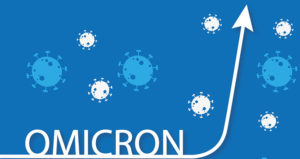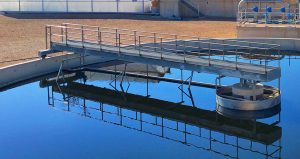Monitoring spread of coronavirus through wastewater

-
 Esther Rasenberg
Esther Rasenberg
Share article:
In the Netherlands genetic material of the coronavirus has been found in three Waste Water Treatment Plants (WWTP’s). Research institutes KWR and RIVM are investigating the presence of the virus in sewage to monitor the spread of the virus in a specific area. The coronavirus can be found in faeces of infected persons, so it can also be found in sewage water. The research is conducted in order to develop an instrument to make estimations on the number of infections without testing.
For years the Dutch research institute KWR has been carrying out research into substances in urban sewage water, such as drugs. In the past weeks their microbiologists conducted investigations at various sewage treatment plants in the Netherlands. They took samples of sewage and extracted the virus using methods that have been developed for other viruses, such as the norovirus. On their website KWR explains more about their research method.
Research
Three weeks before the first official coronavirus infection in the Netherlands appeared KWR started the research. This first measurement was needed to test the method and see if we did not see signals while the virus was not present. These tests showed no reaction, so there was no presence of the virus in sewage water. Samples taken in March after the coronavirus outbreak found gene fragments. also showed a reaction in some of the samples. KWR states this is a preliminary result because the method is not yet quantitative. The results are based on the strength of the signal, the concentration of virus in sewage seems low.
Extra protection not necessary
According to experts there are no additional risks for employees because of the presence of genetic material of the virus in sewage water. According to the Dutch research institute Stowa does the presence of genetic material not mean that they are living viruses. Cora Uijterlinde: “We do not know how the virus behaves in the WWTP. Based on what is known about related viruses, including SARS, we do not expect viruses in sewage and wastewater treatment to be infectious for a long time. It is therefore business-as-usual. Wastewater always contains viruses and other pathogens for which employees must protect themselves. Aerosols should never be inhaled, which is why employees for certain activities wear mouth masks. The existing hygiene regulations for employees are therefore sufficient.”


















